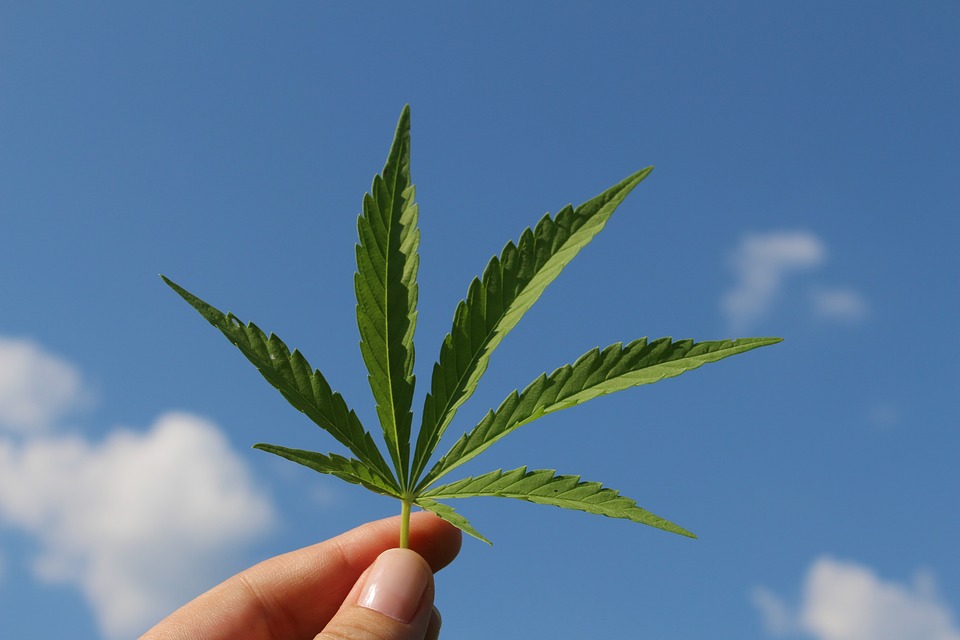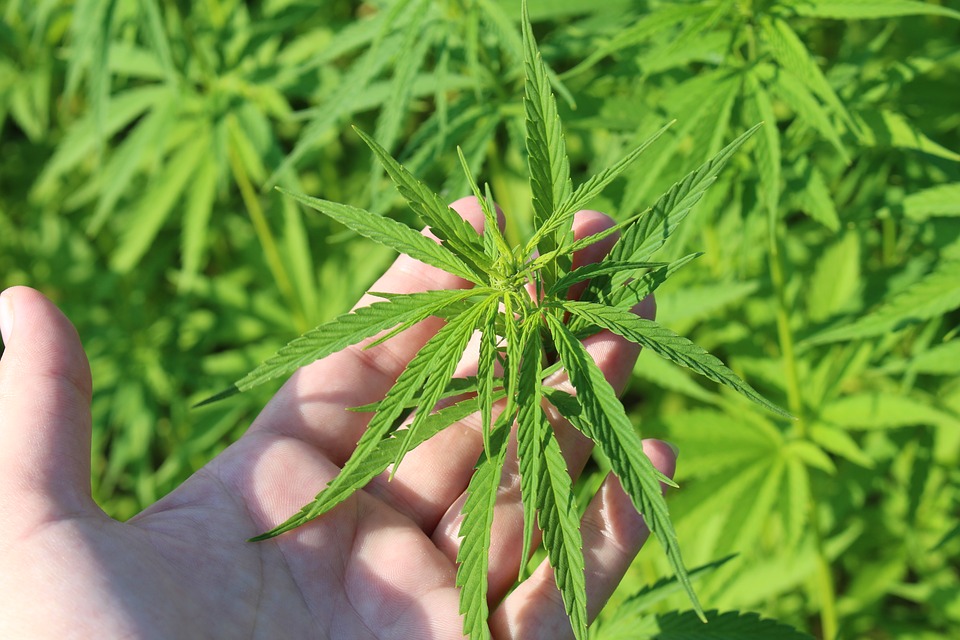
Hemp has deep roots in world history as a sustainable crop and textile resource, especially during the early 1700s. But, eventually, hemp grew to be prohibited by the public. Despite being a widely used industrial crop, hemp became illegal because of its relationship with marijuana - creating stereotypes and fear in the general public.
Yet now, it’s evident that there’s a clear distinction between hemp and marijuana. The passage of the 2018 Farm Bill legalized hemp in the U.S., but many still don’t understand the diverse uses and what makes hemp sustainable — especially when compared to cotton. The anatomy of the hemp plant, between the seed and stalk, draws out a multitude of benefits.
For example, the nut of the plant can be used for oils and other nutrition and health products. The exterior husk of the plant is excellent for protein powder, animal food, and gluten-free flour. The stalk of hemp is also incredibly useful — it is used in everyday items from textiles to paper and carpets. Hemp stalk is commonly known for the use of its fibers to craft rope and netting. This use is so popular that the U.S. government ran a campaign called Hemp for Victory during World War II that encouraged farmers to grow mass amounts of hemp for rope production. Likewise, the wooden core found in the stalk is used to create animal bedding, construction materials, and stucco.

Additionally, hemp is popular as a supplement in the health, nutrition, and beauty markets. It’s an excellent plant-based protein for vegans and vegetarians. The hemp seeds found in the plant have been thought to break down cholesterol and fight blood clots. They also contain 17 grams of fiber per serving and offer amino acids that the body needs but can’t make.
In terms of the environment, hemp is a great plant to grow. It uses less space and water than other crops and farmers can grow food crops immediately after a hemp harvest without a fallow period. As a sustainable plant, hemp biomass fuels can help reduce dependency on fossil fuels. Plus, it’s naturally pest resistant and weed suppressant.
Understanding hemp sustainability will be one of the most important factors in destigmatizing this wonder plant. Through this guide on hemp uses and benefits, you can learn how hemp is helping replace our dependency on non-recyclable materials and water-hungry plants.

You may also like
42 Best Stores to Buy Health Foods and Supplements Online
